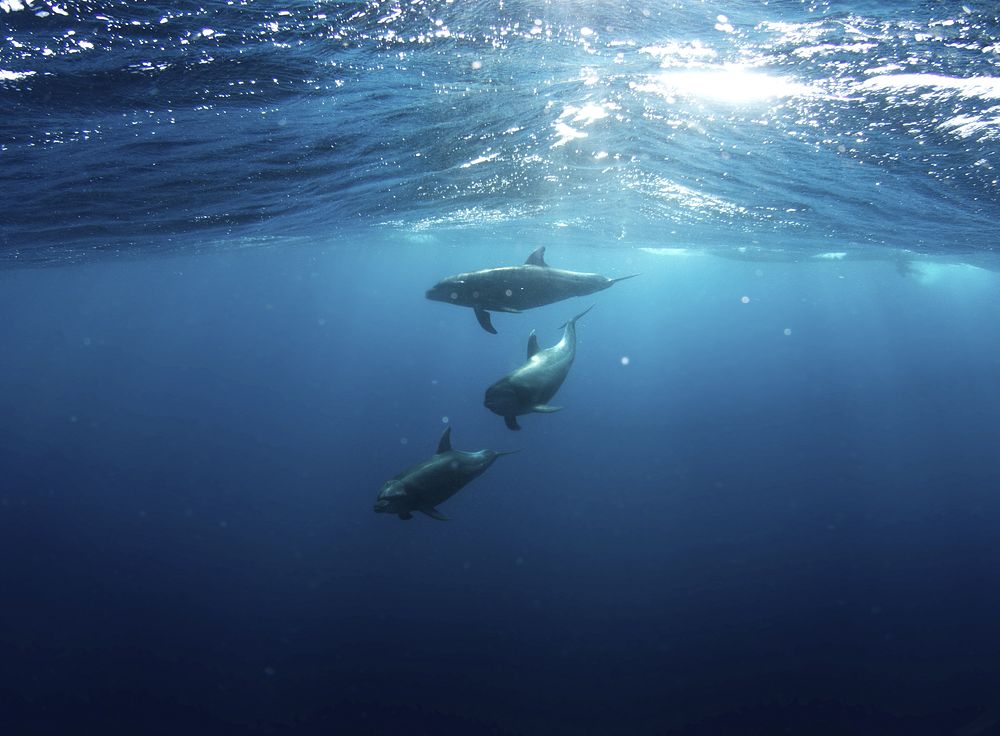One Man’s Quest to Heal the Oceans—And Maybe Save the World
Posted
Last Updated
Enric Sala—marine ecologist, conservationist, and ocean advocate—is standing under a life-size replica of a Northern Atlantic Right Whale at the natural history museum in Washington, D.C., and the air outside is smudged with wildfire smoke drifting down from Canada. It’s not surprising that Sala wants to talk about the smoke, or about whales. Their poop, however, is an unexpected twist. According to Sala, whale excrement, or, more precisely, the lack of it, has a role to play in the choking miasma that has forced my interview with one of the world’s foremost ocean explorers indoors instead of out on a boat.
It may seem like a stretch, the kind that relegates environmentalists deep into woo-woo territory, but as our conversation unfolds, it starts making sense. Whale poop fertilizes ocean plankton. The plankton reproduces rapidly, absorbing carbon dioxide as it photosynthesizes sunlight. Eventually it sinks to the seafloor, trapping the planet-warming gas in layers of sediment. Fewer whales means less plankton sequestering CO, leaving more in the atmosphere. That means more of the heat driving the wildfires that have smoked out much of North America.
“Suddenly, we’re seeing that the impacts of climate change are not something that is going to be suffered by somebody else,” says Sala. “It’s here.” And so it is, in the wildfires, heat waves, and floods that have made the weather of summer 2023 some of the most extreme on record. Greater biodiversity, whether it is found in the ocean’s whale populations or the old-growth forests that also store carbon, can help mitigate the effect of burning fossil fuels much more cheaply than any new technology, he says. “The more nature we have, the more nature will be able to absorb our impacts.”

